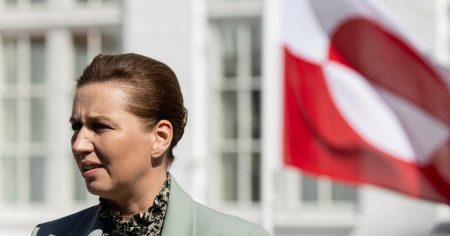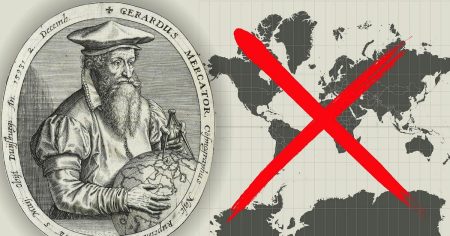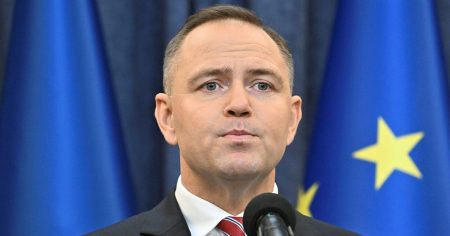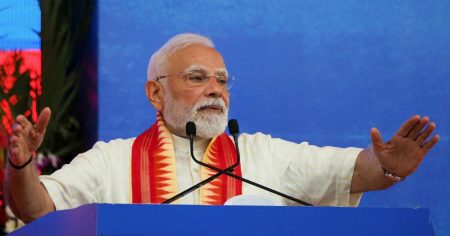The recent trade spat between the US and Canada, initiated by former US President Donald Trump, highlights the unpredictable nature of his leadership and the complex relationship between the two North American neighbors. Trump, known for his aggressive trade tactics, threatened to impose a 25% tariff on a wide range of Canadian imports, prompting swift retaliation from Ottawa. The Canadian government, led by then-Prime Minister Justin Trudeau, announced matching tariffs on US goods, emphasizing the potential economic harm to both countries.
This trade dispute played out against a backdrop of Trump’s hardline stance on immigration and drug trafficking. He claimed victory after phone calls with Trudeau and Mexican President Andrés Manuel López Obrador, announcing agreements to secure the US’s northern and southern borders. Canada pledged helicopters, technology, and personnel to combat organized crime, while Mexico agreed to deploy soldiers along its border with the US. In return, Trump temporarily suspended the threatened tariffs. However, much of Canada’s promised border security enhancements had already been announced prior to the tariff threat.
While Trump and his administration portrayed these agreements as major wins, the reality was more nuanced. Canada’s appointment of a “Fentanyl czar” was one of the few new developments. Critics questioned the substance of the agreements, particularly on the Canadian side, noting that many of the commitments were pre-existing initiatives. The episode appeared more like a Trumpian power play, designed to project strength and appease his base, rather than a genuine resolution of underlying trade issues.
Domestically, Trump’s trade war tactics faced growing criticism. Public opinion polls revealed that a majority of Americans opposed higher tariffs on Canadian and Mexican goods, prioritizing lower prices. Several Republican senators also voiced concerns about the economic fallout of the trade dispute, suggesting potential vulnerability for Trump within his own party. This internal dissent further underscored the shaky ground on which Trump’s trade policies stood.
The situation also highlighted the delicate balance Trudeau faced in navigating relations with the unpredictable US president. While publicly retaliating against Trump’s tariff threats, Trudeau also sought to maintain a working relationship to avoid further escalation. This tightrope walk reflected the inherent tension between standing up to US pressure and safeguarding vital economic ties.
In Canada, the trade dispute further fueled anti-Trump sentiment and impacted the political landscape. Conservative politicians, some of whom had previously admired Trump, distanced themselves from his actions. Ontario Premier Doug Ford, once a Trump supporter, now openly criticized the former president, even urging a boycott of American goods. This shift in political allegiance demonstrated the extent to which Trump’s aggressive trade tactics alienated even former allies. The incident serves as a case study in the challenges of managing international relations in an era of unpredictable leadership and escalating trade tensions. It also underscores the importance of domestic political considerations in shaping responses to external pressures.














